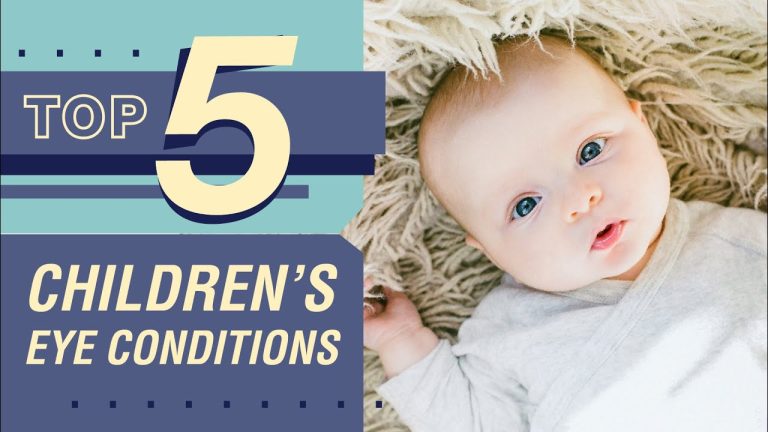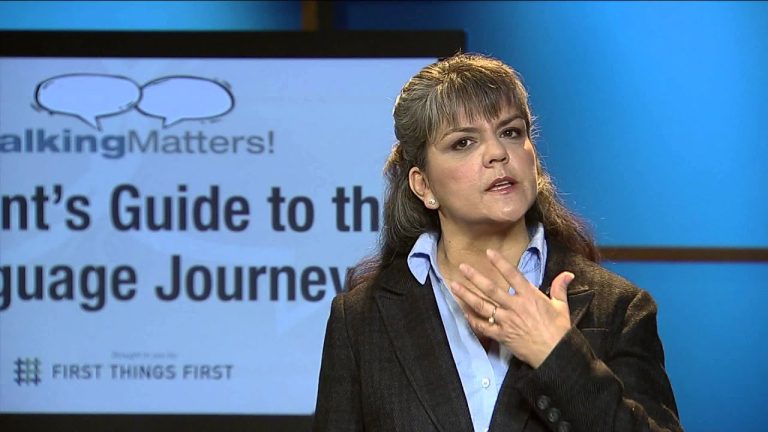ADHD and Vision Problems in Children: How Optical and Vision Care Products Can Help
Attention-Deficit/Hyperactivity Disorder (ADHD) is a condition that affects millions of children worldwide. It’s a disorder where children have difficulty with paying attention, controlling their impulsive behavior, and staying still. Those symptoms can significantly impact a child’s daily life, including school and social situations.
However, research suggests that ADHD symptoms might be more complicated than previously thought. Recent studies have shown that some children, especially those with ADHD, may experience vision problems that can contribute to their symptoms.
The Connection Between ADHD and Vision Problems
Several studies have found a link between ADHD and vision problems, and although more research is needed, it’s an area that parents, caregivers, and medical professionals should consider. One study found that children with ADHD were five times more likely to have a visual problem than their typically developing peers.
Several vision disorders have been associated with ADHD-like symptoms, including:
- Convergence Insufficiency: a condition where the eyes are unable to work together when focusing on nearby objects
- Accommodative Dysfunction: a condition where the eyes have difficulty adjusting the focus from one distance to another
- Astigmatism: an irregularly shaped cornea or lens that can cause blurred or distorted vision
- Amblyopia (Lazy Eye): a condition where one eye is weaker than the other
How Can Vision Problems Affect Children with ADHD?
Children with ADHD who experience vision problems are likely to find it challenging to concentrate and focus, making their symptoms worse. The strain on their eyes can cause headaches, eye fatigue, and tiredness, making it harder for them to stay attentive and engaged.
Children with ADHD also tend to have poor eye-hand coordination and motor skills, making it difficult for them to participate in team sports or other activities that require good visual perception.
The Importance of Eye Exams for Children with ADHD
Eye exams are crucial for all children, but especially for those with ADHD or other developmental disorders. Identifying vision problems early on can improve their quality of life and help them manage their symptoms more successfully. Routine eye exams can detect vision problems, and vision therapy can improve eye coordination, visual perception, and attention skills.
Parents and caregivers should look for warning signs that their child may have a vision problem, such as squinting, blinking, or rubbing their eyes frequently. Also, if your child struggles with reading or complains of double vision, it’s best to consult an eye doctor.
In Conclusion
It’s vital to look beyond ADHD symptoms and address any potential vision problems if you suspect your child may be having difficulties. Early detection and treatment of vision problems can improve their overall quality of life and help them manage their ADHD symptoms more successfully.
Contents
Most wanted in Hoya Vision:
What are prism eyeglass lenses?
Hoya Lens Engravings
What brand lenses does Costco use?
What does +0.25 mean on an eye test?
Do tinted glasses help with migraines?
Should eyeglasses cover eyebrows?
Hoya Identification Chart
What LED light is best for broken capillaries?
Does hyperopia worsen with age?
What is the difference between Ray Ban RB and Rx?
















